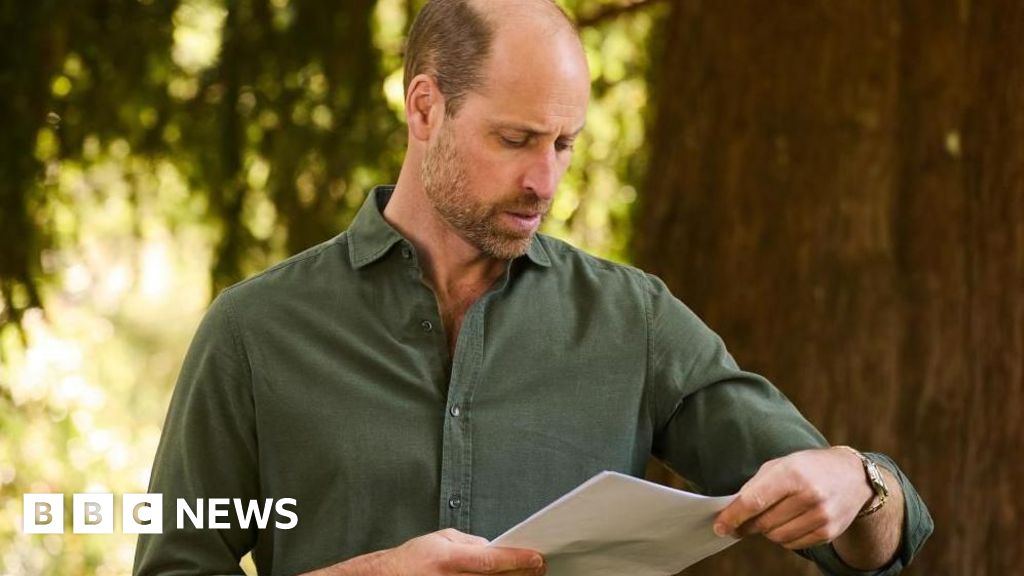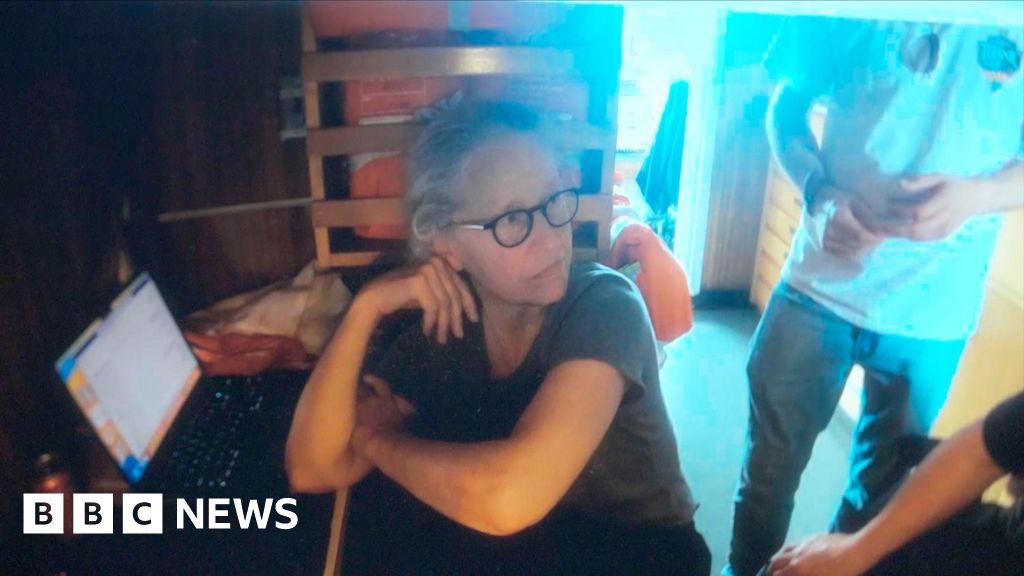ARTICLE AD BOX
By Helen Briggs
Environment correspondent
Image source, Getty Images
Image caption,A small road through a pristine forest can have a large environmental footprint
With much of the planet already "used-up", the world has hard choices to make over how to use land in the most sustainable and effective way.
That's the take-home message from 50 leading experts on why land matters in tackling a host of existential challenges.
Vast areas of land are being earmarked for grand plans to fight climate change and nature loss.
Yet land is also needed for food production and alleviating poverty.
The scientists say there simply isn't enough land on the planet to address all of these things at once.
"We live on this used planet where all the land that's even considered unused or untouched is providing really important benefits to people," said Dr Ariane de Bremond of the University of Bern.
"There isn't enough land to do everything simultaneously - we have to recognise that and find better ways - and that requires a lot of negotiation between different sectors of society and between nations."
Image source, Getty Images
Image caption,Much of the Earth's surface has been transformed by humans
The policy paper, published in the journal Proceedings of the Academy of Sciences, sets out why land matters in a host of problems facing humanity and calls on decision makers and stakeholders to do more to address misconceptions over land use and sustainability.
"There is very little land potentially available for expansion of agriculture, urbanisation, climate change mitigation, or biodiversity conservation land uses that is 'empty' or 'free' of trade-offs," they write.
Three-quarters of the planet's land that is not covered by ice has already been turned over to farming, building cities and mining, with the little land that is left - often of prime importance to local people - earmarked for ambitious plans to absorb carbon emissions or create space for nature.
Land is a limited resource and there are no silver bullets, no easy answers and lots of trade-offs, said Dr Casey Ryan of the University of Edinburgh.
"If you look in the news you see half of Earth being set aside for nature as an ambition from the nature conservationists, you see zero deforestation coming out of the last Cop (Conference of the Parties), the trillion trees agenda - all of those very well-meaning, but ultimately flawed huge ideas are really not supported by the science that we have in this paper," he said.
Image source, Getty Images
Image caption,Solutions to fighting climate change and nature loss must be tailor made not 'one-size-fits-all', the experts say
The authors distilled knowledge on the science of land use into ten "hard truths":
- Land has multiple meanings and values
- The dynamics of how we use land is complex, often with unforeseen consequences
- There are distant global connections
- There are many trade-offs
- There are few "win-wins"
- Claims on land are overlapping and contested
- Benefits from land are unequally distributed
- Changes to the way we use land can be irreversible and have impacts for decades or centuries
- Relatively small changes can have large "spillover" effects.
They say keeping these facts in mind will help decision makers rise to the challenge of sustainable, just and effective land use across the world.

 3 years ago
74
3 years ago
74








 English (US) ·
English (US) ·